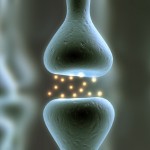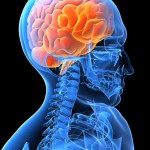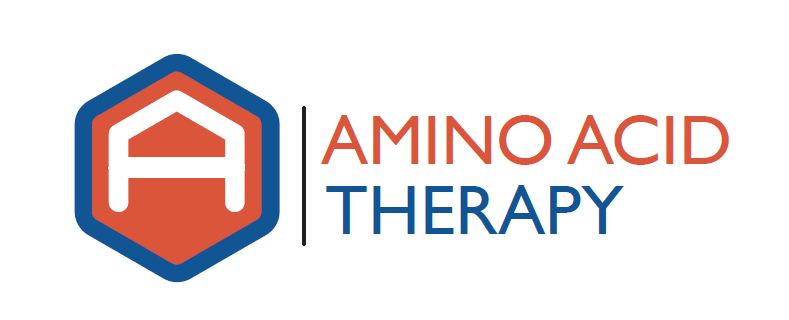by aatadmin | Feb 4, 2014 | Amino Acid Therapy, Neurotransmitters
Amino acid therapy entails determining and providing the body the necessary amino acids and accompanying cofactors needed to restore proper neurotransmitter function. Basically, we need to give the body what it needs to (a) replenish deficient stores of neurotransmitters and (b) reestablish proper balance between key neurotransmitters. Each person requires their own unique blend of amino acids and precursors to achieve optimal neurotransmitter function (and thus, eliminate symptoms associated with neurotransmitter imbalance). This is where the use of specific laboratory testing, clinical experience and proper training come into play. (more…)
by aatadmin | Nov 19, 2013 | Amino Acid Therapy, Neurotransmitters
 What this means to you
What this means to you
Part 1 of this series described how taking only 5-HTP can exacerbate neurotransmitter imbalance because of issues during the production of neurotransmitters. Part 2 described a similar problem that can occur during the degradation of neurotransmitters. The upshot is that if you take only 5-HTP, it will cause (a) decreased production and (b) increased degradation of all the catecholamines, including dopamine, norepinephrine and epinephrine. Since serotonin and the catecholamines work as a system, this creates greater imbalance in the system, which will eventually either make your original problems worse or create new ones. (more…)
by aatadmin | Sep 24, 2013 | Amino Acid Therapy, Neurotransmitters
 Recall from our Introduction to Amino Acid Therapy that amino acid therapy entails supplying each person the right balance of amino acids they need along with the other nutrients (called cofactors) to restore proper neurotransmitter function. This process often requires specialized laboratory testing to help determine each person’s ideal amino acid dosing. Once proper neurotransmitter balance is restored, symptoms related to neurotransmitter imbalance disappear. (more…)
Recall from our Introduction to Amino Acid Therapy that amino acid therapy entails supplying each person the right balance of amino acids they need along with the other nutrients (called cofactors) to restore proper neurotransmitter function. This process often requires specialized laboratory testing to help determine each person’s ideal amino acid dosing. Once proper neurotransmitter balance is restored, symptoms related to neurotransmitter imbalance disappear. (more…)
by aatadmin | Sep 10, 2013 | Amino Acid Therapy, Neurotransmitters
 Amino acid therapy is a term used to describe the use of supplemental amino acids to help balance brain chemicals called neurotransmitters. Although there are 22 known amino acids, only a few have a substantial impact on neurotransmitter levels; these include tryptophan (via 5-HTP), tyrosine, glutamic acid and aspartic acid. (more…)
Amino acid therapy is a term used to describe the use of supplemental amino acids to help balance brain chemicals called neurotransmitters. Although there are 22 known amino acids, only a few have a substantial impact on neurotransmitter levels; these include tryptophan (via 5-HTP), tyrosine, glutamic acid and aspartic acid. (more…)
by aatadmin | Aug 23, 2012
Eating foods that your body reacts to can cause your body to ‘dump’ serotonin and create several neurotransmitter imbalances. The issue with food hypersensitivities is that most people don’t realize they have them. The symptoms of food hypersensitivities are often delayed anywhere from 2-72 hours, so it can be very difficult to determine exactly which foods may be to blame. The only way to know for sure is to complete comprehensive food hypersensitivity testing, such as a Lymphocyte Response Assay, or LRA test and then avoiding those foods while you work to restore proper gastrointestinal, immune and neurotransmitter function.




